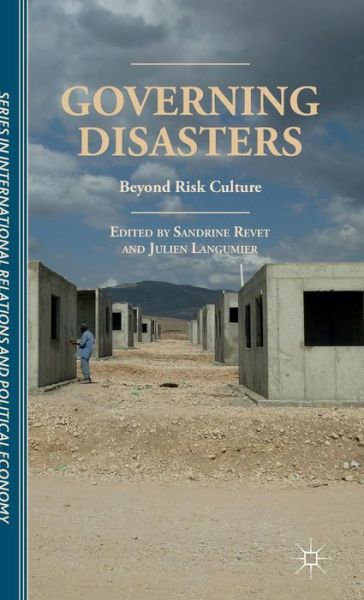Governing Disasters: Beyond Risk Culture, by Sandrine Revet and Julien Langumier (eds.)

Palgrave Macmillan, Sciences Po Series in International Relations and Political Economy, 2015, 260 p.
Irreversible and exceptional events, disasters are nevertheless governed, usually in the context of specific, dedicated interventions by state authorities or NGOs, who aim to lead the affected population from a place of emergency to a new, post-disaster - but still undefined - position. How do the victims of disaster interact with the dispositifs of government and disaster? Based on extensive research - both ethnographic and historical - conducted over a long period of time in field locations as various as Hong-Kong, Kazakhstan, Sri Lanka, France, Argentina, and Italy, this volume offers an acute analysis of how actors at local, national, and international levels govern disasters. Chapter contributions show that the victims of disaster do not remain passive; rather, they react to and critique what this volume calls the 'government of disaster' and one of its central paradigms, the culture of risk, which leaves unaddressed key political issues.










